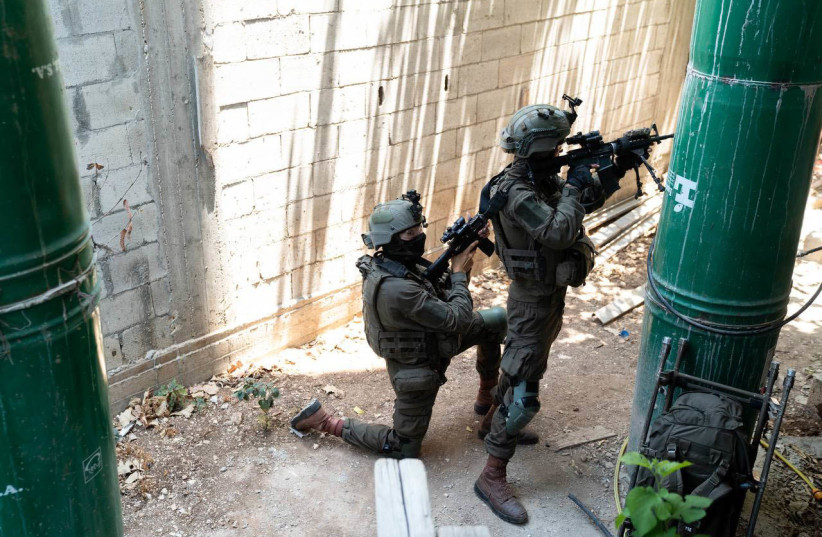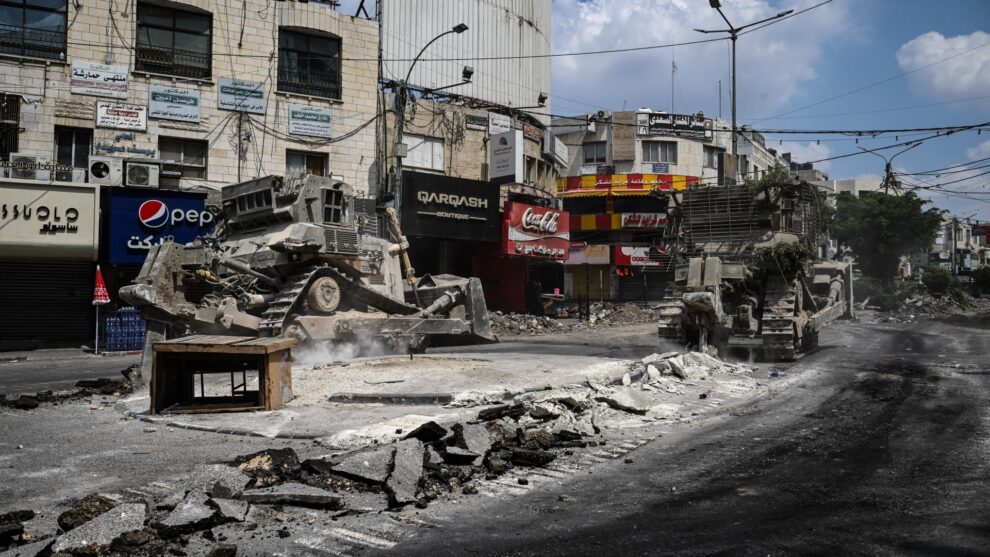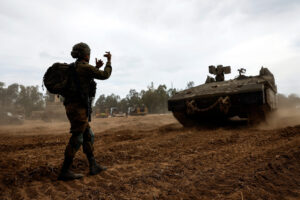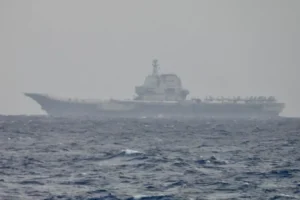Israel has been engaged in a multi-front war for fifteen months. The October 7 Hamas attack triggered Iranian-backed groups to escalate their assaults on Israel, leading to a war that has unfolded in stages.
Rising Threats in the West Bank
Initially, the West Bank was not considered a major front. However, the northern West Bank has increasingly become a significant threat due to the use of improvised explosive devices (IEDs) and the growing number of rifles in the hands of militants.
On January 21, Israel launched a new operation in the West Bank. This move came during a period of relative calm on the Gaza and Lebanon fronts, allowing the IDF to focus on suppressing threats in the northern West Bank.
This operation is not just another tactical maneuver. Over the past two years, the IDF has conducted heavy operations in areas like Jenin, including the July 2023 Operation Home and Garden—the largest operation in the West Bank in two decades. The IDF has also used drones and airstrikes in the region for the first time since the Second Intifada.

Operation Iron Wall
The latest operation, dubbed Iron Wall, began on January 21, 2025. It marks a shift in Israel’s war strategy, with added emphasis on securing the West Bank. This decision came after a ceasefire in Gaza and aims to address security concerns in the northern West Bank.
Prime Minister Benjamin Netanyahu stated, “On the directive of the Security Cabinet, the IDF, the ISA, and the Israel Police have begun an extensive and significant military operation to defeat terrorism in Jenin—‘Iron Wall.’” He emphasized that the operation aligns with Israel’s broader goal of countering the Iranian axis across multiple fronts, including Gaza, Lebanon, Syria, Yemen, and the West Bank.
Escalating Challenges
IDF Chief of Staff Herzi Halevi underscored the need for preemptive operations to thwart terrorist activities in the West Bank. Troops, including the Nahal Brigade, have been redeployed from other fronts, demonstrating the IDF’s commitment to the mission.
However, the northern West Bank poses significant challenges. Militant activity is widespread in areas like Jenin, Tulkarm, Nablus, and Tubas. The region has also seen an influx of illegal weapons, with rifles such as M-16s and M-4s becoming increasingly common. These smuggled arms, combined with advanced bomb-making capabilities, have outpaced the resources of the Palestinian Authority Security Forces.
Concerns Over Prisoner Releases
The recent release of prisoners as part of a hostage deal adds another layer of complexity. High-profile figures, including Zakaria Zubeidi, are returning to the northern West Bank. Their presence could embolden young militants and perpetuate cycles of violence.
A Shifting Reality
The IDF’s decision to launch Iron Wall highlights the urgency of addressing the evolving threats in the West Bank. However, past operations in the region have struggled to achieve lasting results. The critical question remains: Can this operation succeed where others have faltered?









